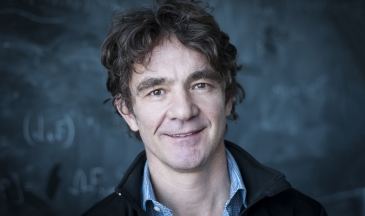-

-
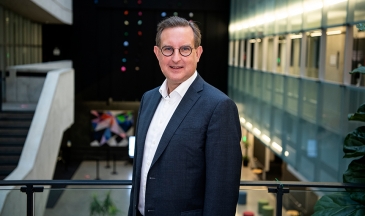
-
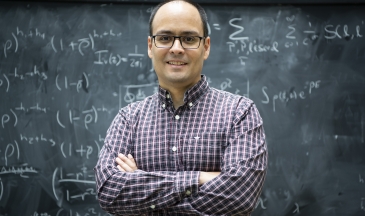
Freddy Cachazo
Research Faculty
Office of Executive Leadership
Deputy Director (Interim)Mathematical PhysicsQuantum Fields and Strings -
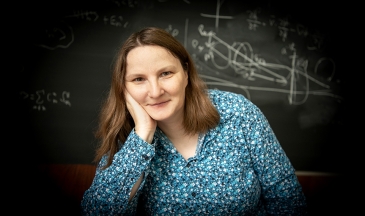
-
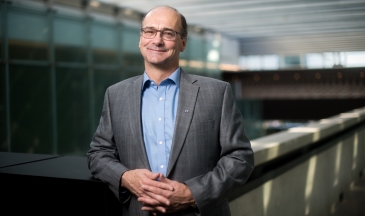
Robert Myers
Research Faculty
Perimeter Research Chair
Director EmeritusBMO Financial Group Isaac Newton Chair in Theoretical PhysicsQuantum Fields and Strings -
Asimina Arvanitaki
Research Faculty
Perimeter Research Chair
Stavros Niarchos Foundation Aristarchus Chair in Theoretical PhysicsParticle Physics -

-
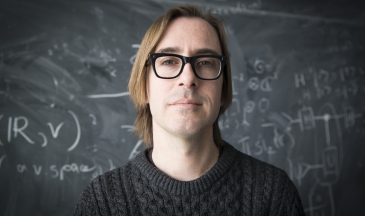
Kevin Costello
Research Faculty
Perimeter Research Chair
Krembil William Rowan Hamilton Chair in Theoretical PhysicsMathematical Physics -
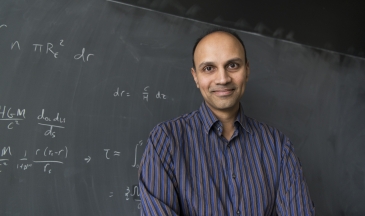
-
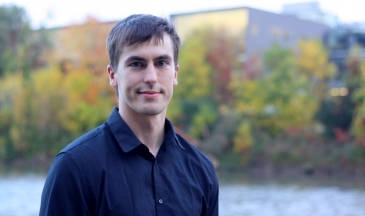
-
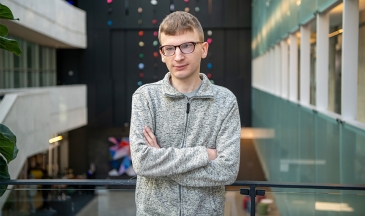
-
